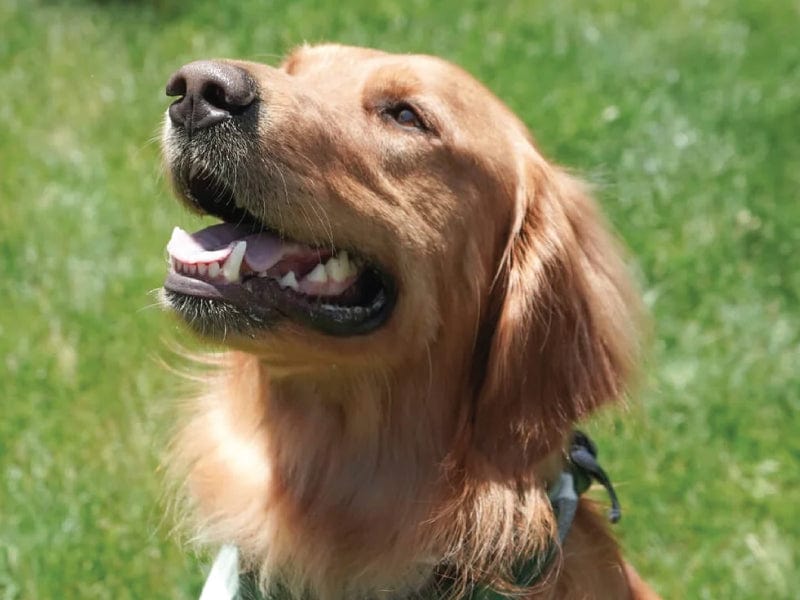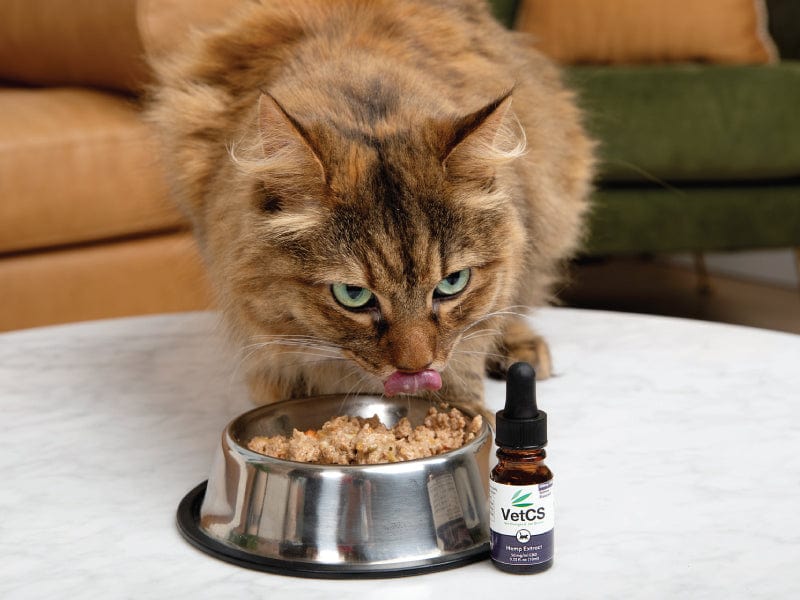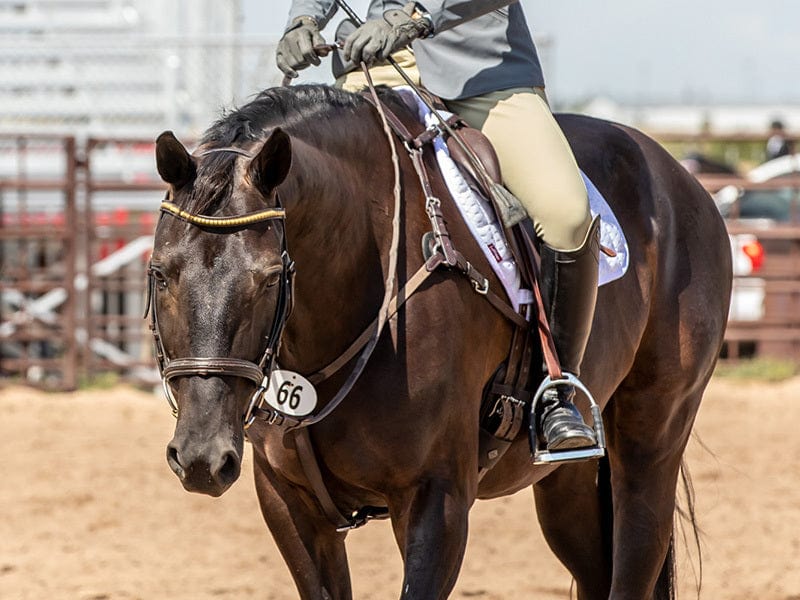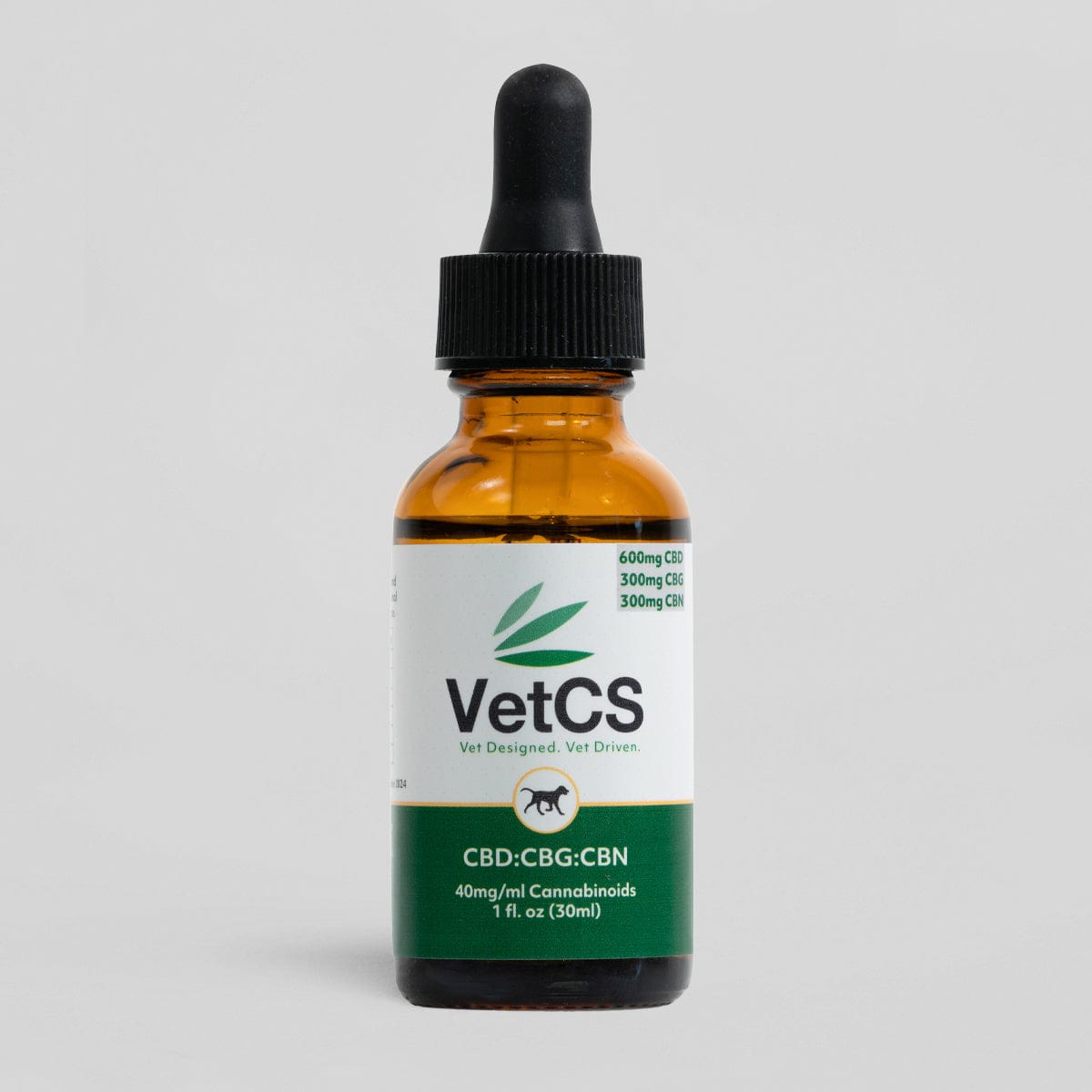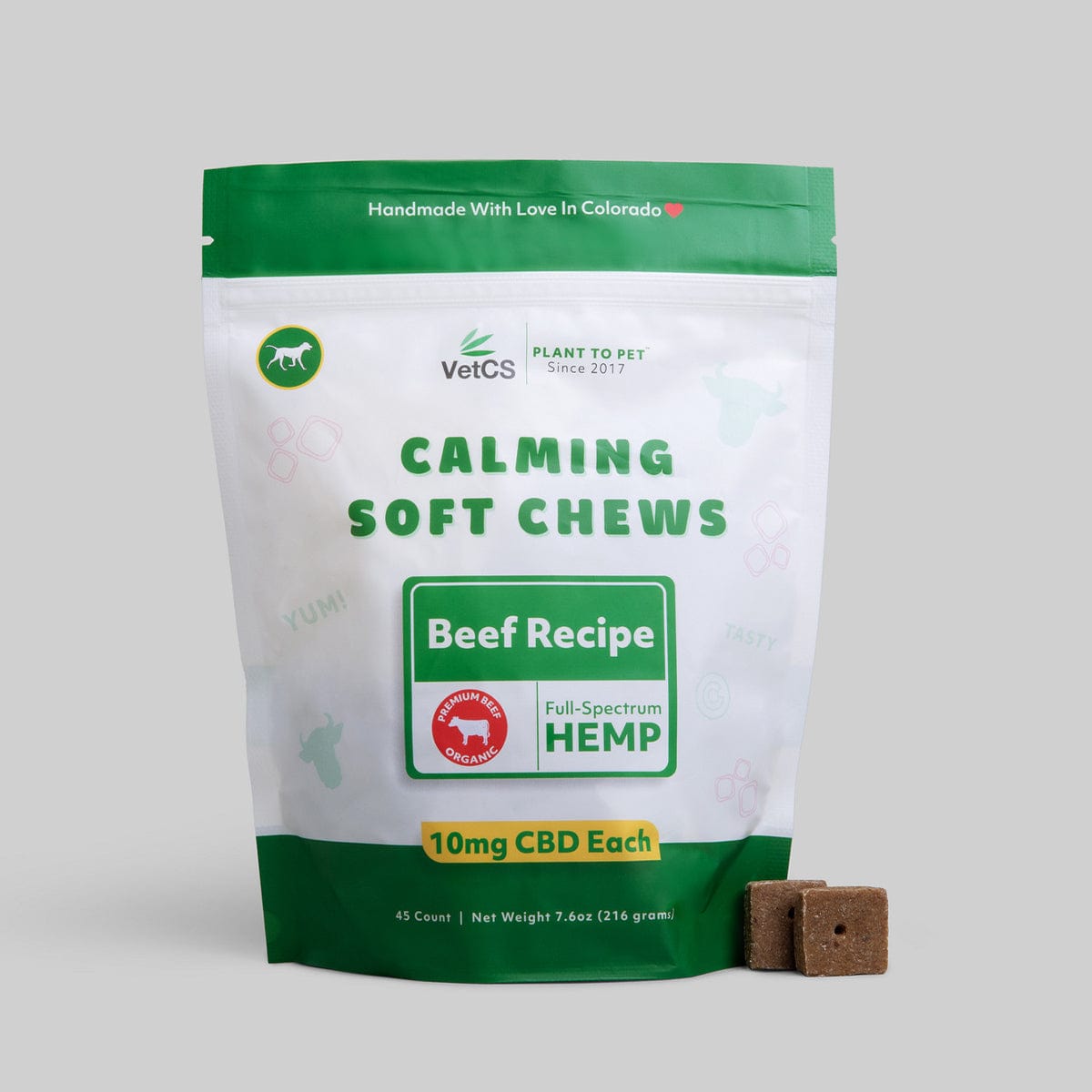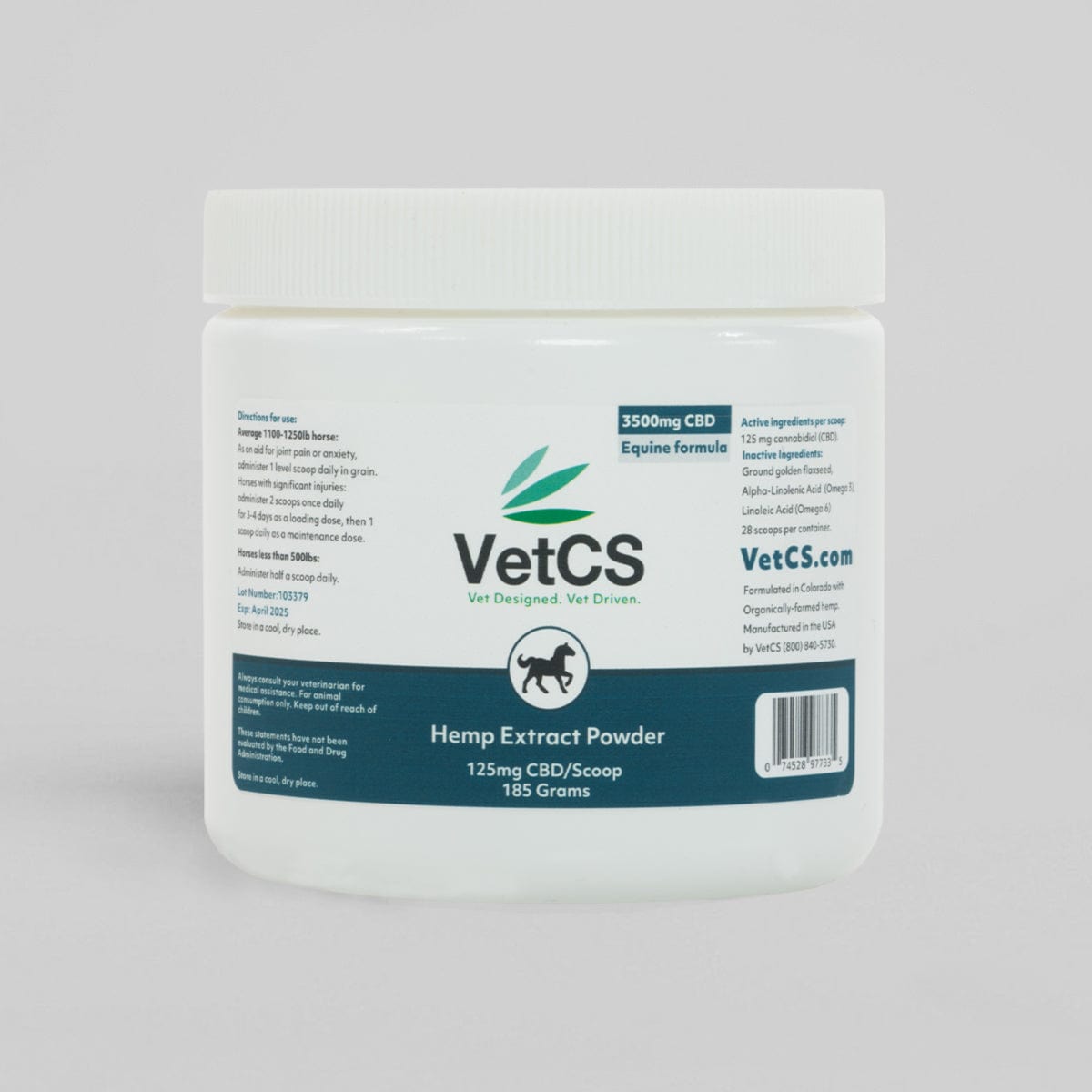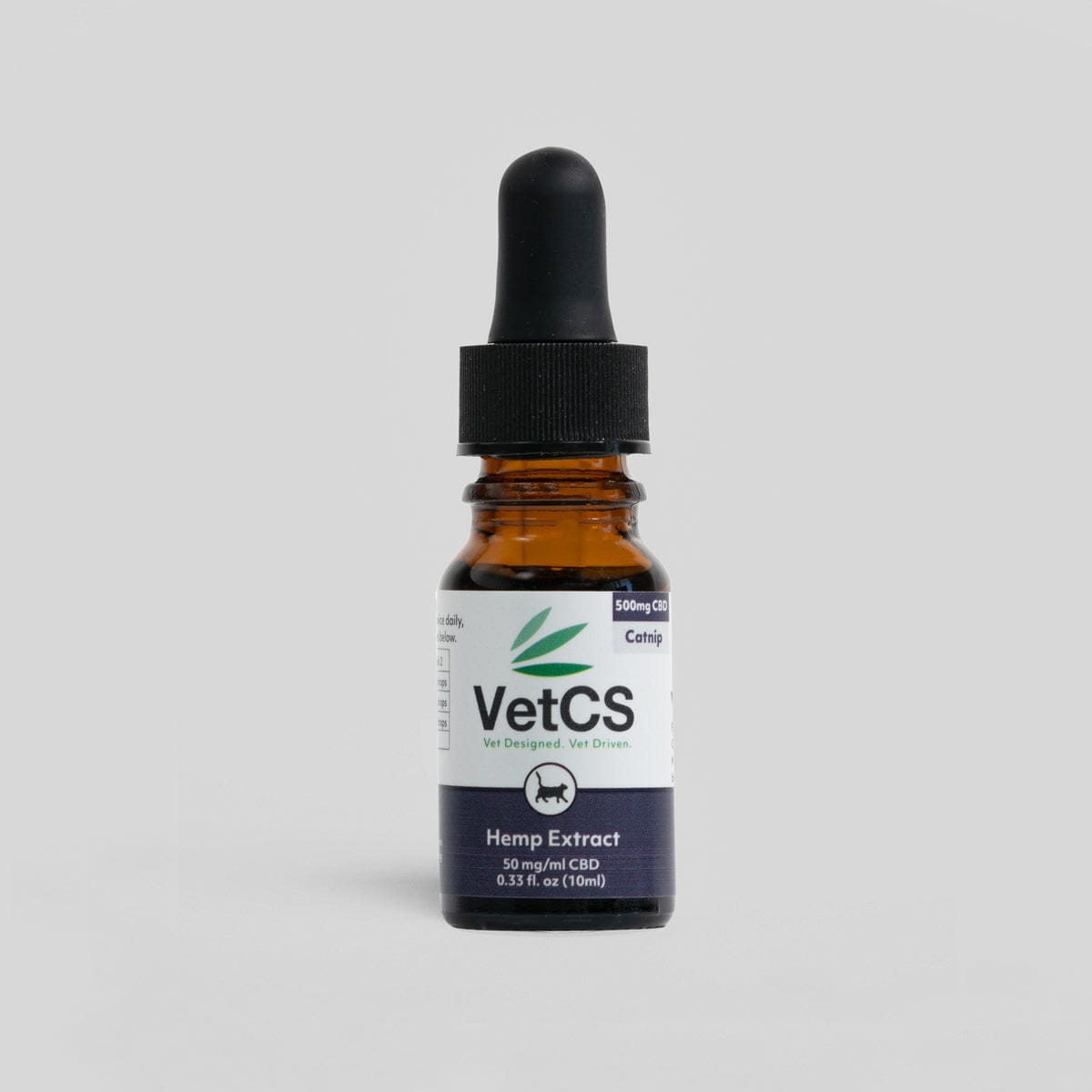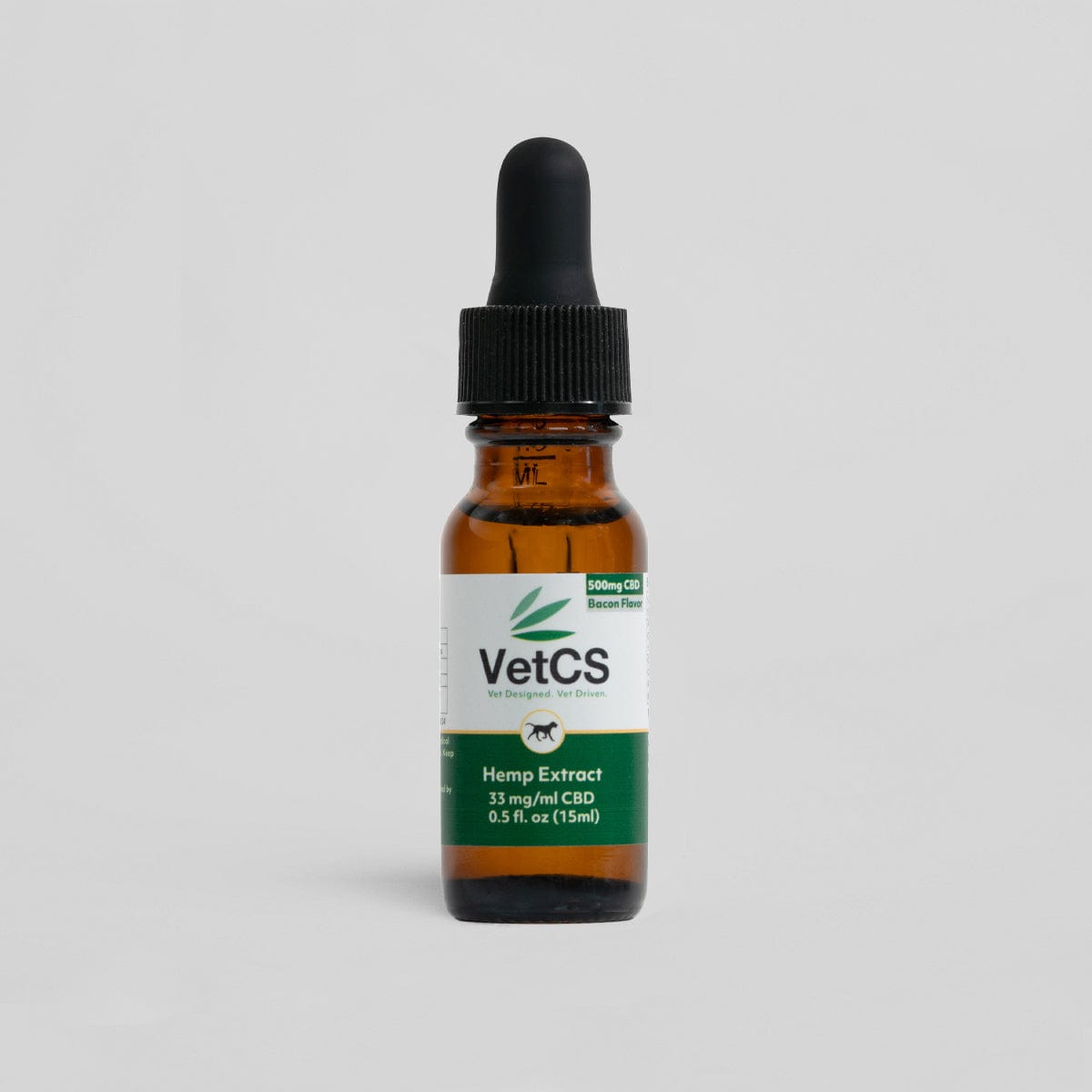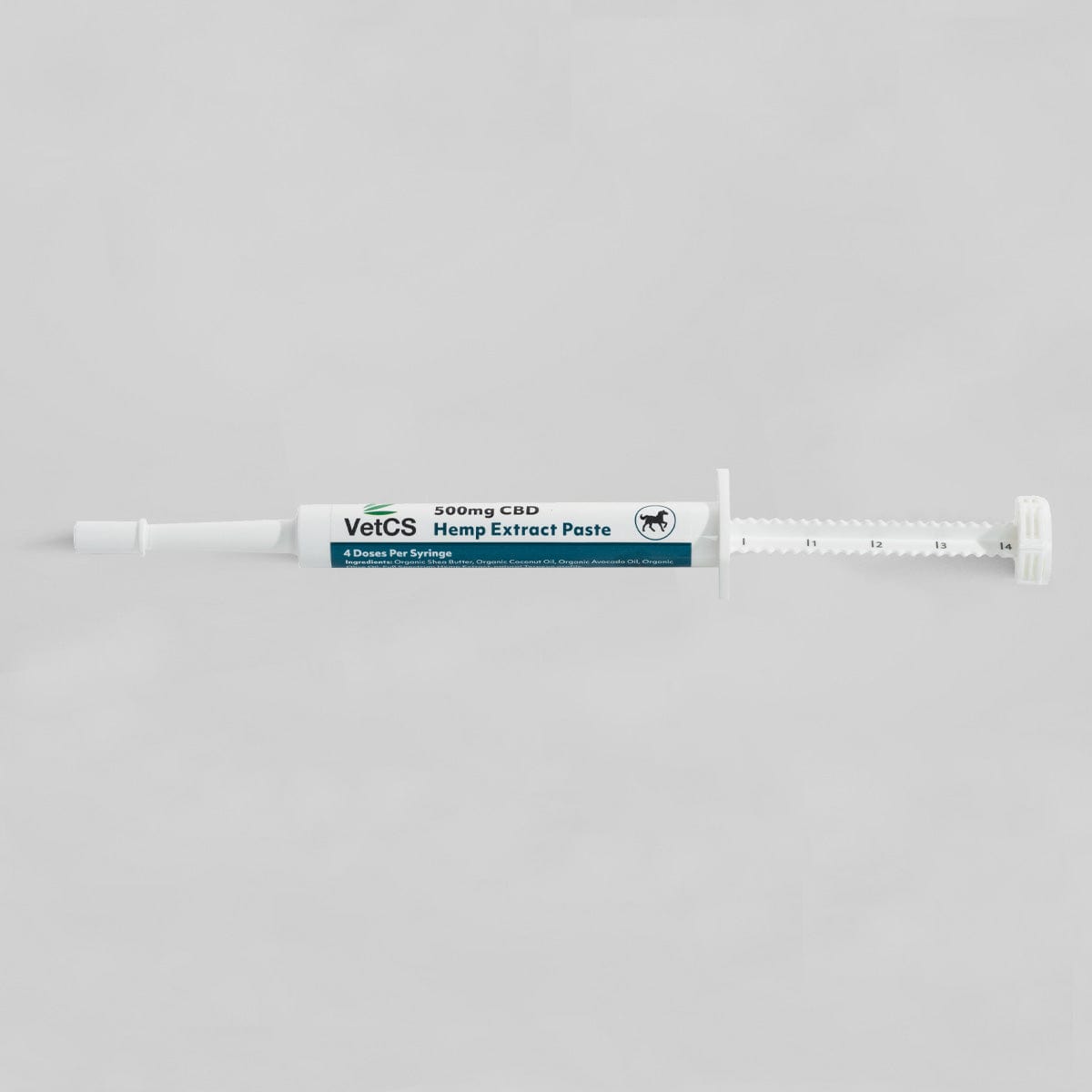
In the growing world of plant-based veterinary care and wellness, there is a growing body of research exploring the beneficial properties of hemp cannabinoids and how they could be utilized to help dogs and cats experiencing chronic pain, anxiety, arthritis, seizures, and other short- and long-term health conditions. The question is, with a lot of research conducted with small animals in mind, what does it mean for large animals and the equine community?
While scientists and the medical establishment continue to play catchup after decades of government restrictions on the study of cannabis and hemp, the VetCS team is proud to play a key role in animal-focused cannabinoid research. Closing knowledge gaps benefits everyone, especially when you consider there is still much to learn about how the non-intoxicating plant compound cannabidiol (CBD) interacts with the endocannabinoid system found in all mammals, humans and animals alike.
We’re excited to share with you a recent equine CBD study conducted by Colorado State University with the support of VetCS, which donated the CBD. The objective of the pharmacokinetic research study, published in 2022, was to help paint a clearer picture of CBD safety in horses. Pharmacokinetics is the examination of how the body responds to a substance during the full course of medication.
In this first-of-its-kind published study, 12 adult female horses from 8 to 15 years of age were given CBD over a six-week period to assess its safety over time and at different dosages (1 mg/kg and 3 mg/kg administered daily).
Researchers documented the plasma pharmacokinetics following administration of CBD, along with assessing levels of the cannabinoid in synovial fluid, the natural lubrication found in joints that reduces friction during movement. This study included daily assessments of both attitude and appetite, along with longer evaluations of weight, liver health and changes in calcium levels.
The study authors noted: “All horses maintained normal physical examination parameters, attitude, and appetite throughout the duration of the study. No behavioral changes, including sedative-effects, were observed.”
The CSU researchers conducted a longer dosing protocol than anyone else has thus far tested, and their findings indicate that CBD is indeed safe in horses, even over an extended period. Regarding adverse effects, study authors noted the following: “Mild hypocalcemia was seen in all horses and elevated liver enzymes were observed in 8/12 horses, but these changes improved or normalized within 10 days after the final CBD dose.”
The researchers summarized their findings: “[O]rally administered CBD has dose-dependent, but variable, plasma bioavailability and is consistently detectable in synovial fluid at the higher dose administered. Further, the authors conclude that oral administration of CBD at doses up to 3 mg/kg is well tolerated in horses, and that prolonged administration for up to 6 weeks, does not produce any permanent biochemical abnormalities.”
In addition to results indicating no long-term adverse effects on the liver, the study’s examination of CBD bioavailability showed the cannabinoid was evident in the joint fluid of the participating horses, which illustrates a possible mechanism of action for CBD use in osteoarthritis in equines. The study provides further evidence that CBD crosses membranes to get into joint fluid, where it has previously been shown to exert anti-inflammatory effects in lab settings.
It is important to note that this study was not done to prove efficacy of CBD, but rather to assess safety concerns. And since the U.S. Food and Drug Administration has yet to approve CBD for animal use on a larger scale, there’s nothing more important than having veterinarian-backed information to use in decision-making. With horses being precious investments and lifelong friends, every choice made in caring for them deserves a good dose of healthy scrutiny.
The VetCS team is here to answer any questions customers may have. Because the cannabis plant was misunderstood and stigmatized for so long, there is a lot of misinformation still out there. At VetCS, our team is committed to providing pet and horse owners with not only the best veterinarian-formulated hemp products, but with research-based knowledge to help people provide the best care for the animals that depend on them.
Learn more: VetCS has created a line of equine formulations including paste, pellets and powder that are easy to administer and made from the highest quality ingredients. We have compiled additional peer-reviewed studies on our Research page, including studies on dogs with osteoarthritis, conducted by CSU’s Department of Clinical Sciences, College of Veterinary Medicine and Biomedical Sciences.
Resource: Yocom AF, O'Fallon ES, Gustafson DL, Contino EK. Pharmacokinetics, Safety, and Synovial Fluid Concentrations of Single- and Multiple-Dose Oral Administration of 1 and 3 mg/kg Cannabidiol in Horses. J




